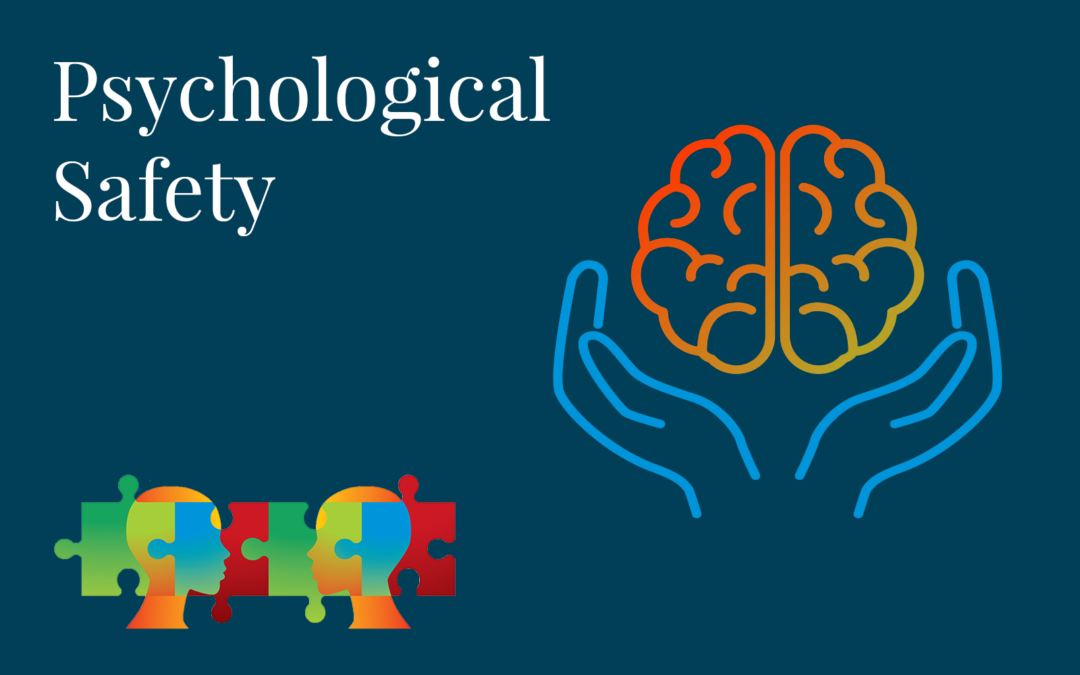I recently hosted the latest in our series of TRANSEARCH Australia People & Culture Roundtable events, where leaders from diverse organisations come together to discuss challenges and share strategies about complex issues in the workplace.
When we put psychological safety on the table, the discussion amongst our group was rich and insightful, focusing on regulatory challenges, cultural considerations, and the crucial role of Human Resources representation on boards.
Healthcare professionals highlighted several risks they face daily, including occupational violence, secondary trauma from difficult patient cases, and hierarchical cultures that can foster bullying. To combat these issues, many have implemented mitigating initiatives, such as civility training programs and safe spaces for sharing vulnerable experiences.
One of the ongoing challenges for employers engaging casual and contract workers at scale is employees may only be onsite briefly to complete shifts. Maintaining psychological safety for remote and offshore workers also requires innovative thinking. When in-person training isn’t feasible, it’s even more important for organisations to find ways to maintain engagement. Taking an empathetic approach and proving multiple avenues of support are some of the ways to help ensure a strong culture.
To ensure safe and inclusive workplaces across multiple countries and jurisdictions, global organisations have to navigate a plethora of regulatory environments. For instance, one company represented at the Roundtable is operating in 14 countries, and faces myriad challenges tailoring culturally appropriate DEI training programs to fit local contexts, particularly in the Middle East. A strategy that considers legal as well and cultural contexts is essential for international organisations aiming to create inclusive environments for all employees.
Representatives ranging from emergency services to petrochemicals shared inspiring stories about promoting psychological safety in highly unionised, male-dominated environments that are resistant to change. They spoke about personal storytelling as a successful way to encourage open conversations amongst employees about what diversity and inclusion means to them. Some organisations have appointed Contact Officers, Workplace Mental Health First Aid Officers or Peer Support Workers who can provide confidential advice and facilitate early intervention on a range of issues, which helps foster a respectful and supportive culture.
Collaborations with unions like the AMWU and ETU have significantly enhanced psychological safety programs. Shared training grants and inclusion initiatives that involve leaders, union delegates, and WHS representatives promotes a culture of open reporting. This also addresses frontline concerns, especially in high-risk environments like oil refineries. Such partnerships highlight the power of stakeholders working together to create safer workplaces.
As regulations evolve, developing comprehensive guidelines to manage psychosocial safety needs becomes increasingly critical. In Australia, with new psychological safety regulations on the horizon, organisations are examining international models, including regulations, surveys and other resources, to inform their approach. The goal is to establish clear processes for identifying psychosocial hazards, assessing risks, and strategise safety initiatives in line with the changing regulatory landscape.
Appointing board members with strong People & Culture (P&C) or Work Health and Safety (WHS) backgrounds is essential for effective governance. However, as an executive and board recruiter noted, boards often lack individuals with direct human resources or safety experience – which is crucial for addressing complex P&C issues. Many CEOs mistakenly believe their people skills are sufficient, neglecting the need for P&C expertise at the board level – an assumption that often leads to prioritising other areas over P&C. Failing direct representation, People & Culture professionals need to develop ‘champions’ within boards who can drive psychological safety imperatives at the executive level.
Presenting data on the costs, risks, and legal ramifications of ignoring psychological safety is another way to capture board members’ attention. Particularly with the new legislation being introduced where directors, executive members and board managers, as well as leaders generally, can be held personally and financially liable for the psychological safety of their employees. Participants agreed boards also need educating on the importance of their role in leading initiatives to improve safety culture organisation-wide.
Fostering psychological safety in workplaces requires a multifaceted approach that considers regulatory, cultural, and organisational factors. By prioritising People & Culture expertise at the board level and engaging all employees, including remote and casual workers, organisations can create safe and inclusive environments that promote psychological well-being. Through empathy, collaboration, and strategic planning, we can build workplaces where every individual feels valued and supported.
If you would like to attend our People & Culture Roundtable or similar TRANSEARCH Australia events in future, please click here to register your interest.

Silvana Pardo is a Director of TRANSEARCH International Australia, one of Australia’s most progressive executive search firms and one of the leading executive search organisations in the world. With over 25 years of experience and an extensive business network of Human Resource professionals, Silvana enjoys an outstanding reputation as one of Australia’s leading Search Practitioners. Read more…


